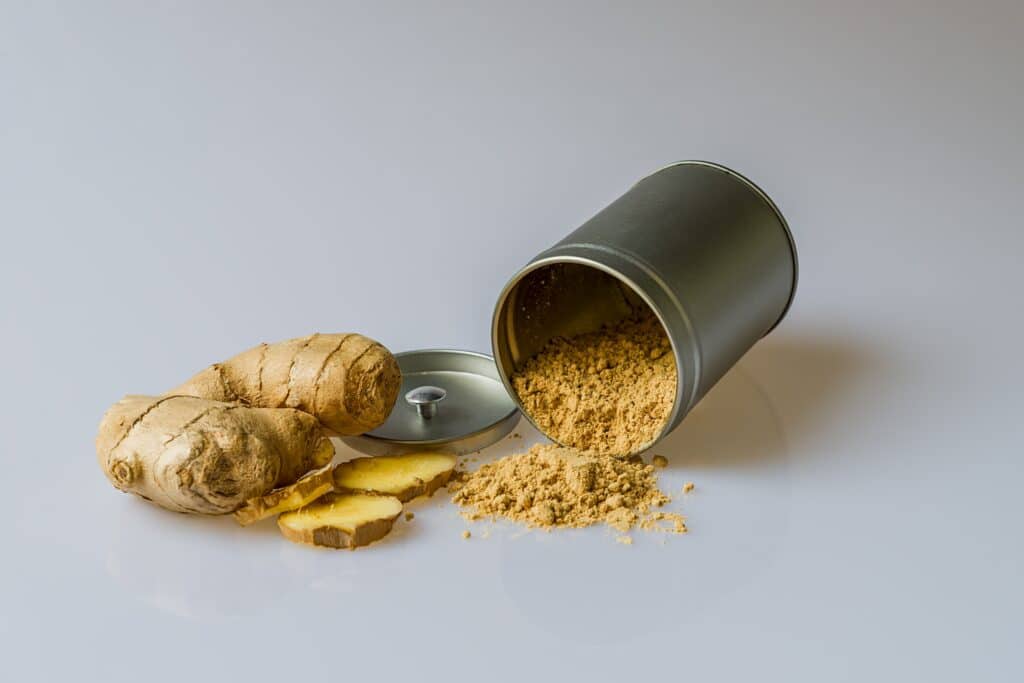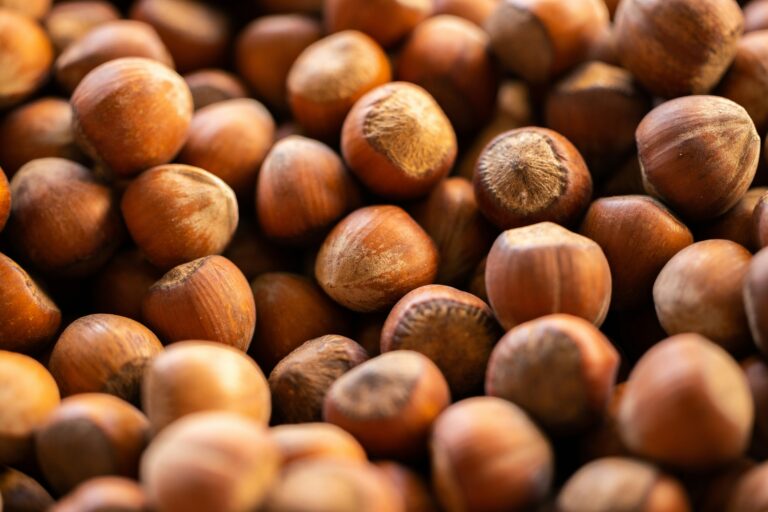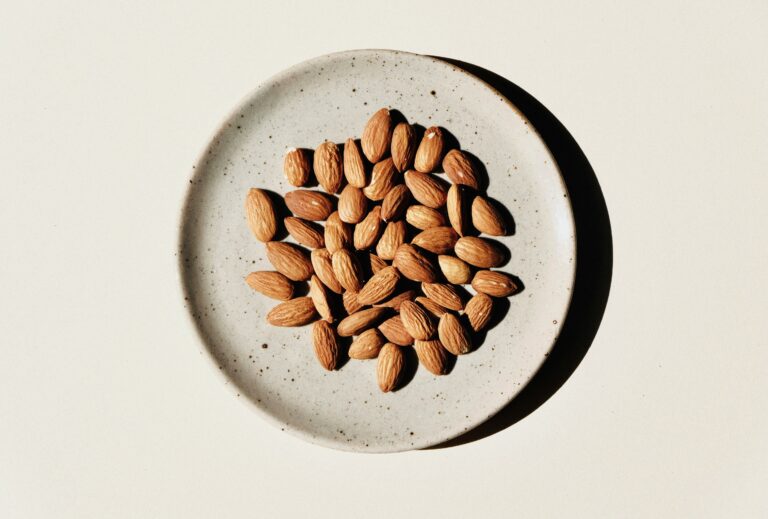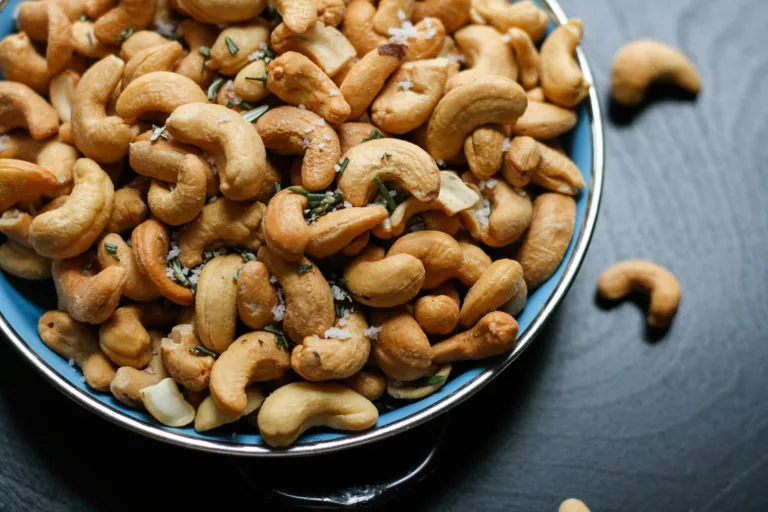Ginger, which is known as Zingiber officinale in biology. Because of the parallel group to the ground surface, ginger is considered a stem called rhizomes. The rhizome is a modified step, which grows horizontally just below the surface of the soil.
A well-known health ingredient ginger is used for many purposes such as for cocking and as a medicine. Ancient Chinese used ginger for medication because of the Antiseptic nature of ginger.
A herbaceous perennial plant of the family Zingiberaceae, scientifically known as Zingiber officinale cultivated 5000 years ago by southeast Asian countries India and china. According to a survey currently, India produces more than 4 million tones of ginger every year. Let’s further discuss ginger, which starts the journey from southeast countries to Roman Empires before 5000 years and now which is well known all over the world.
Nutrients
We all know that ginger has been used for thousands of years because it has many human health benefits and prevents many diseases. Now, let us move to our main point about how many nutrients are found in ginger.
1 tablespoon of fresh ginger contains lots of different vitamins and minerals.
- Calories: 4.8
- Fiber: 12g
- Carbohydrates: 1.07g
- Fat: 0.05g
- Protein: 11g
- Sugar: 0.1g
- Vitamin B3, B6
- Iron
- Potassium
- Phosphorous
- Zinc
- Magnesium, niacin, and riboflavin
| How to grow Ginger? |
Studies show that the best time to harvest is when the plant is 8 to 10 months old. At the time of harvesting check the maturity of ginger, once you confirmed the stage of maturity, dig, and harvest. After harvesting store unpeeled fresh ginger in the refrigerator it can keep for up to 2 weeks in the refrigerator.
Healthy benefits of Ginger
Ginger is very beneficial for human health. It contains active gingerols components, which are responsible for its distinct fragrance and flavor. Also, it contains a powerful anti-inflammatory compound that may help alleviate the pain caused by arthritis, help boost your immune system, and prevent cholesterol and cancer.
May reduce inflammation
Ginger is an anti-inflammatory. It may ease to help joint pain due to inflammation from arthritis. Those people who face rheumatoid arthritis and osteoarthritis condition should use it in their consumption. Some studies found that people with knee osteoarthritis who took ginger in their diet had fewer chances of pain. But it may also mild stomach upset because of the high amount of ginger in their diet.
It may improve the blood sugar level
Another benefit of ginger is that it may improve blood sugar levels. It contains a high amount of antioxidant compounds, which can lower the risk of type-2 diabetes. In addition, 2 g of ginger (in powder form) supplement per day can lower fasting blood sugar in people with type-2 diabetes.
Benefits to menstrual cramps
Ginger is also taken as a supplement for period pain. Some study shows that women who took ginger in their diet may relieve menstrual cramps.
May reduce the risk of cancer
Ginger contains an active compound called gingerol, which has the ability to fight against cancer. It may also help in the prevention of gastrointestinal cancer. In fact, a high amount of antioxidant content is responsible for fighting against cancer cell growth and helps to slow down the aging process.
May help with a respiratory infection
Fresh ginger juice may be a good decision to prevent common cold symptoms and may help reduce respiratory infection. In addition to its many other benefits, ginger contain an antioxidant content like gingerol, which is responsible prevent infection in the respiratory system, also effective against the respiratory syncytial virus (HRSV).
People who have a fever, cough, or face any other respiratory infection, use ginger in their diet.
It may help with weight loss
Taking ginger into your diet may play a role in weight loss. According to some studies, ginger supplements significantly reduced body weight. High blood insulin levels are associated with obesity, and ginger could help to reduce blood insulin levels. When the level of insulin in your blood is reduced, overweight or obesity may also be reduced.
Ginger may improve brain function
It contains antioxidant and bioactive compounds that inhibit inflammatory responses that occur in the brain. Ginger can also enhance brain function directly and protect against age-related decline in brain function.
Side effects of Ginger
Ginger is very beneficial for human health but taking it in large amounts may cause several side effects.
- High consumption of ginger may cause heartburn, diarrhea, and stomach problem.
- Ginger may also cause skin irritation for some people.
FAQ
What is the vegetable ginger good for?
Ginger is very beneficial for human health. It contains the active ingredient gingerol, which is responsible for its distinct aroma and taste. In addition, it contains a powerful anti-inflammatory compound that can help reduce pain caused by arthritis, boost your immune system, and prevent cholesterol and cancer.
Is ginger a vegetable?
Because it is the root of the ginger plant, ginger is classified as a vegetable, although it does not contain the nutrients often found in vegetables.
Is ginger a herb or vegetable?
Ginger, a root, is considered an herb. It has a distinct, spicy flavor and is often used in cuisine. Traditional medicine also uses it to treat many diseases.






